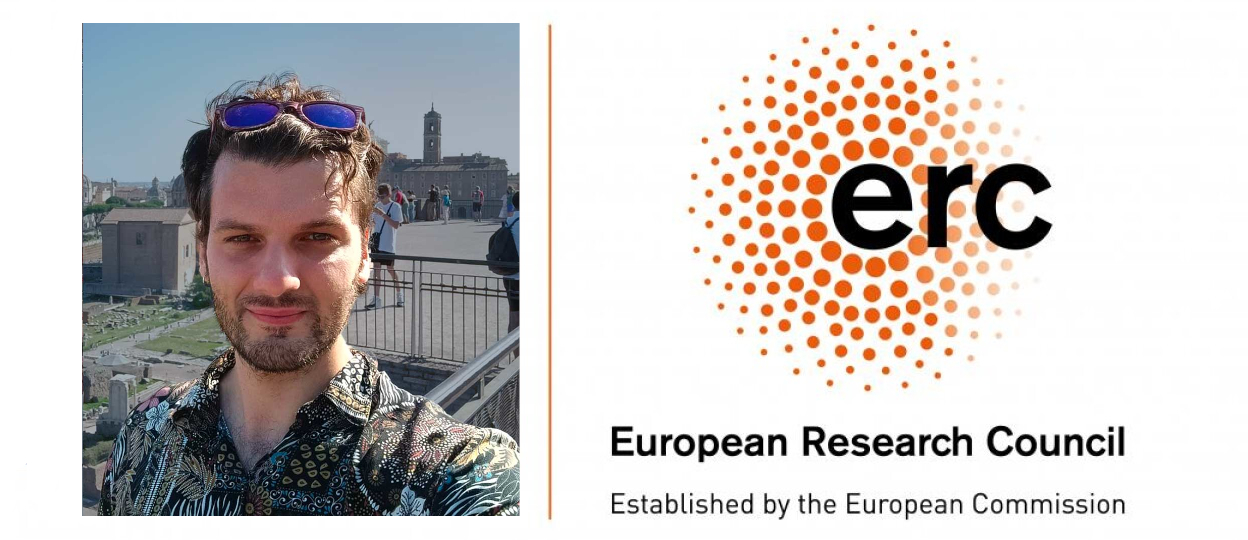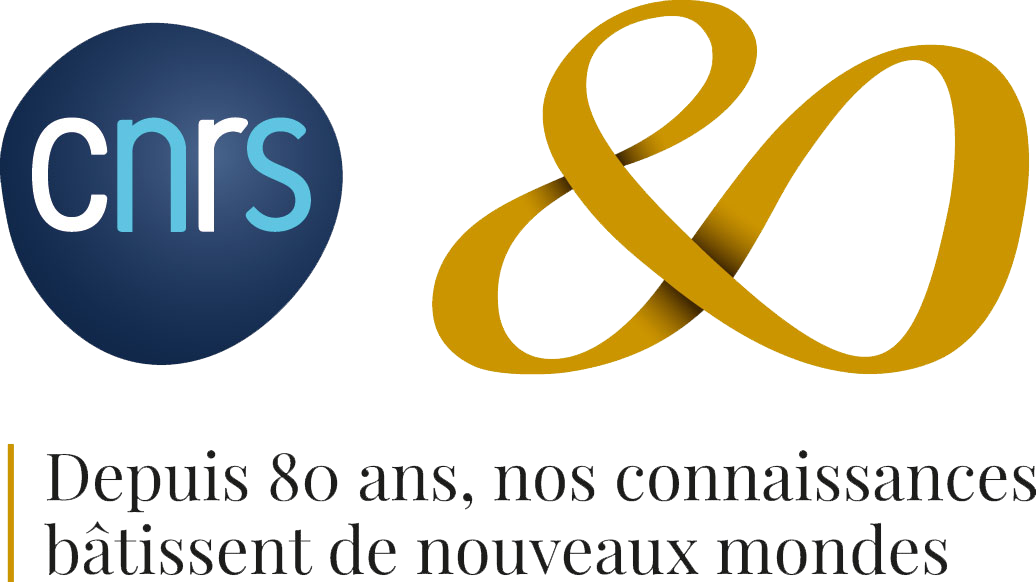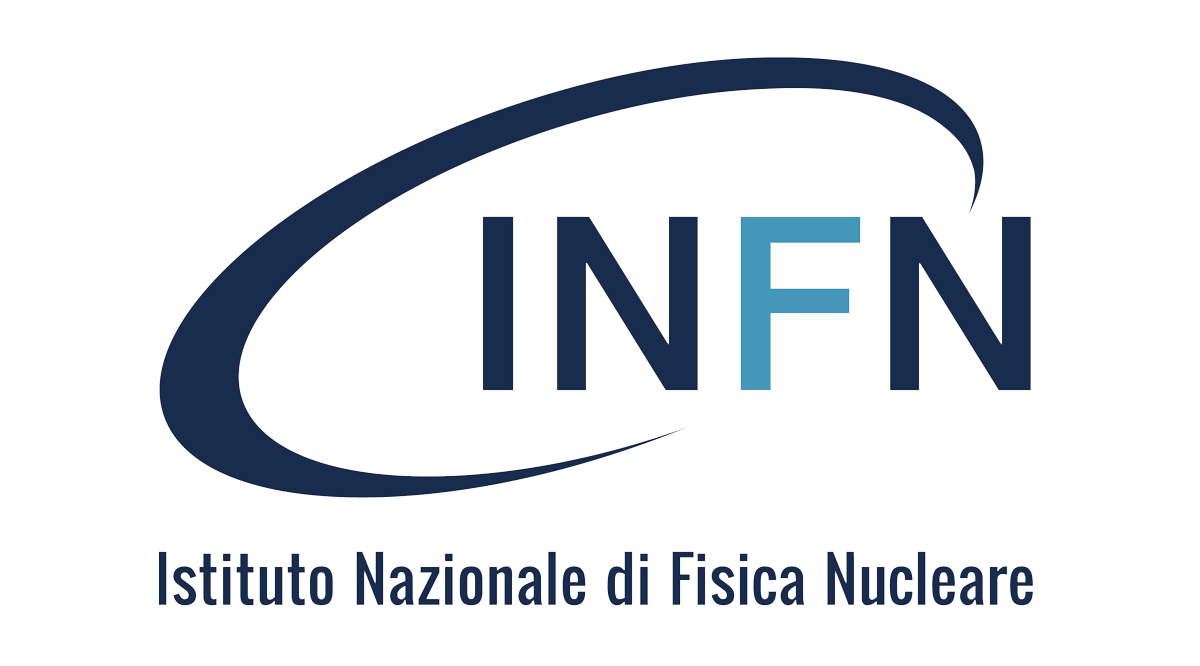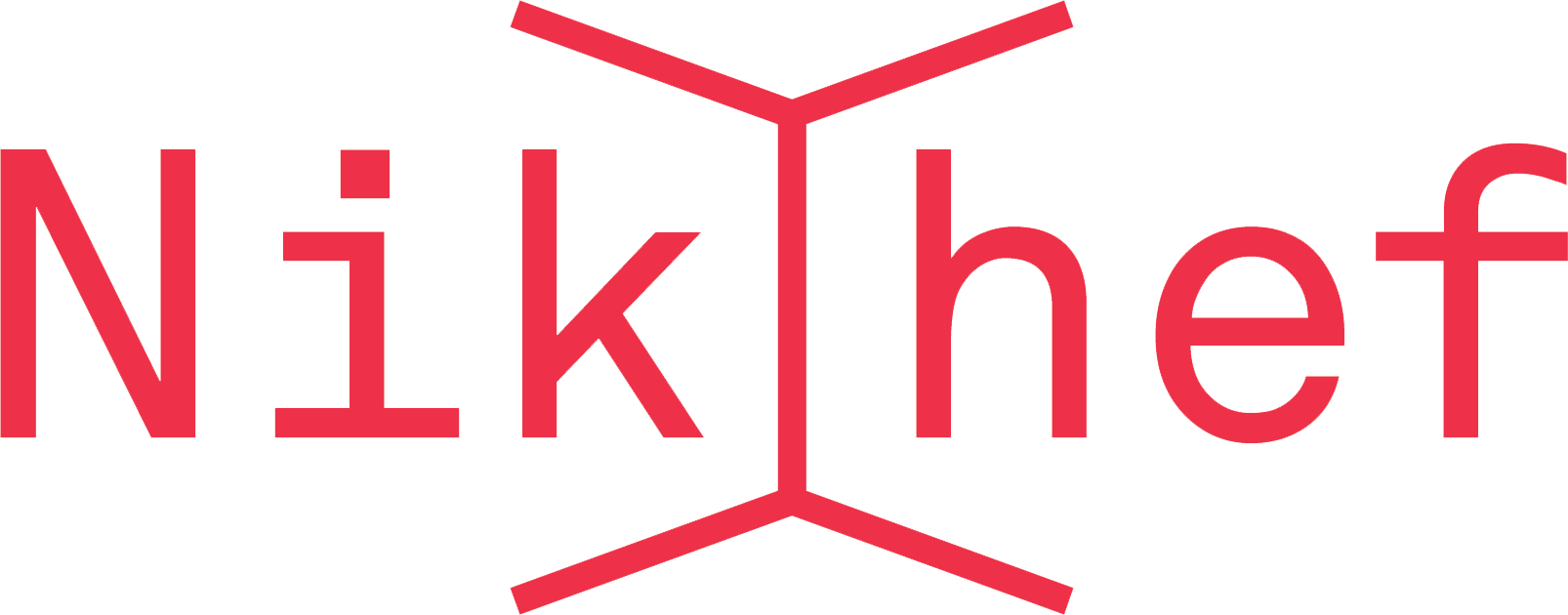Virgo’s gravitational wave research is among the scientific areas awarded this year by the prestigious ERC grants: €1.5 million to Simone Mastrogiovanni, a researcher in the Virgo Collaboration at the INFN Section in Rome. His research project ‘GravitySirens’ aims to measure the expansion speed of our Universe more accurately, thanks to gravitational wave signals revealed by Virgo and LIGO.
Simone Mastrogiovanni, a young researcher at the INFN Section in Rome and member of the Virgo Collaboration, has received one of the prestigious Starting Grants awarded by the European Research Council (ERC). The grant amounts to €1.5 million to be used for his research project ‘GravitySirens’, which focuses on gravitational-wave cosmology.
The exact rate of expansion of our universe, the so-called Hubble constant, remains one of the great unanswered questions of contemporary physics, as an inconsistency in its measurement has been observed for about 20 years. In fact, the measurement of Hubble’s constant is greater when observing the universe close to us than the value obtained when observing the distant (and therefore younger) universe using cosmological models. GravitySirens aims to measure the expansion speed of the universe using gravitational wave signals produced by the coalescence of black holes and neutron stars.
“The difficulty in solving these puzzles lies in identifying astrophysical sources at cosmological distances that allow us to accurately measure their distance and recessional velocity,” explains Simone Mastrogiovanni. “The binary systems of black holes and neutron stars detected by the LIGO and Virgo collaborations are the only sources for which it is possible to obtain a direct estimate of the distance. However, for these types of sources, the recessional velocity cannot be measured directly.”
GravitySirens therefore aims to solve this problem by developing innovative techniques to implicitly measure the recessional velocity of sources, exploiting information on the mechanisms of black hole genesis and observations that will arrive in the coming years from observatories such as Euclid. This approach will allow GravitySirens to provide precise and accurate information on the expansion of the universe over most cosmic epochs.
Thanks to gravitational wave signals GravitySirens will be able to study the expansion of the universe, but not just that, because this phenomenon is driven by two main engines: dark energy and dark matter, two other mysteries of modern physics. Once again, the study of gravitational waves could prove to be a decisive tool for revolutionising the way we observe the universe.
The purpose of the ERC Starting Grants, which are awarded annually, is to provide incentives for the early career of researchers and their most promising projects. In addition to Mastrogiovanni, Andrei Puiu, a researcher at INFN’s Gran Sasso National Laboratories, also received an equivalent starting grant for his project OPOSSUM (Optimal Particle identification Of Single Site events with Underground MKIDs detectors). Within the Virgo Collaboration, other researchers have received ERC grants in recent years: Peter Jonker (Starstruck), Jessica Steinlechner (MIRRORS), Sebastiano Bernuzzi (InspiReM), Stefan Hild (SPEED), Conor Mow-Lowry (OmniSens)
Simone Mastrogiovanni holds a PhD in astronomy and astrophysics from the Universities of Rome Sapienza and Tor Vergata. He was a researcher in France at the Laboratory of Astroparticles and Cosmology of the National Research Centre in Paris and at the Côte d’Azur Observatory in Nice. Today he is a researcher at the INFN Rome Section and his research activity focuses on the study of the Universe, in particular its expansion, with sources of gravitational waves. He is a member of the Virgo and Einstein Telescope collaborations for the study of gravitational signals, where he plays a coordinating role in the astrophysical and cosmological interpretation of gravitational signals from binary systems of black holes and neutron stars.
Contacts
Via E. Amaldi,5
56021 Cascina (PI) – Italy
Tel +39 050 752511
Contact us
How to reach us




